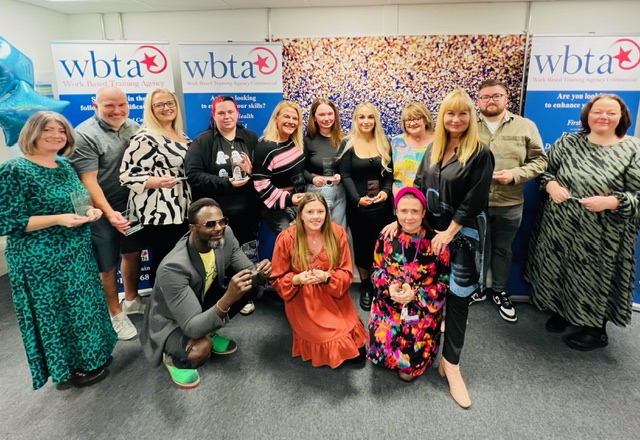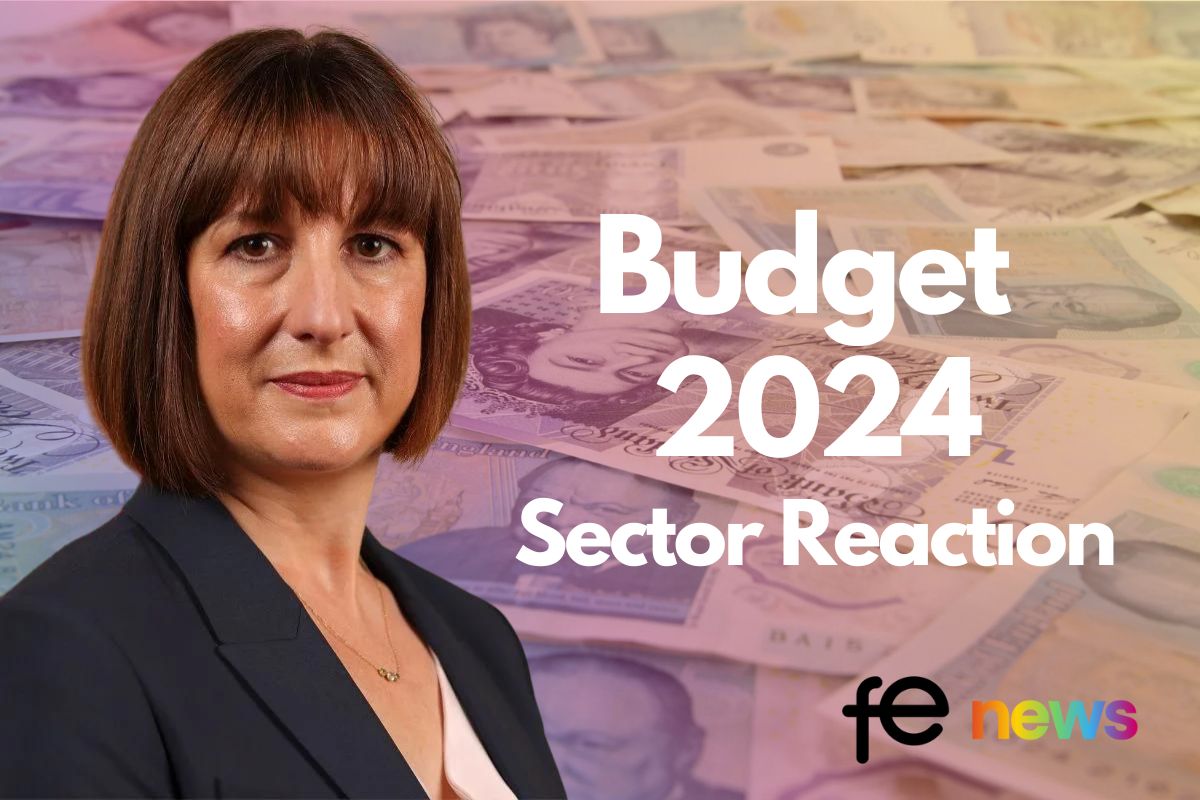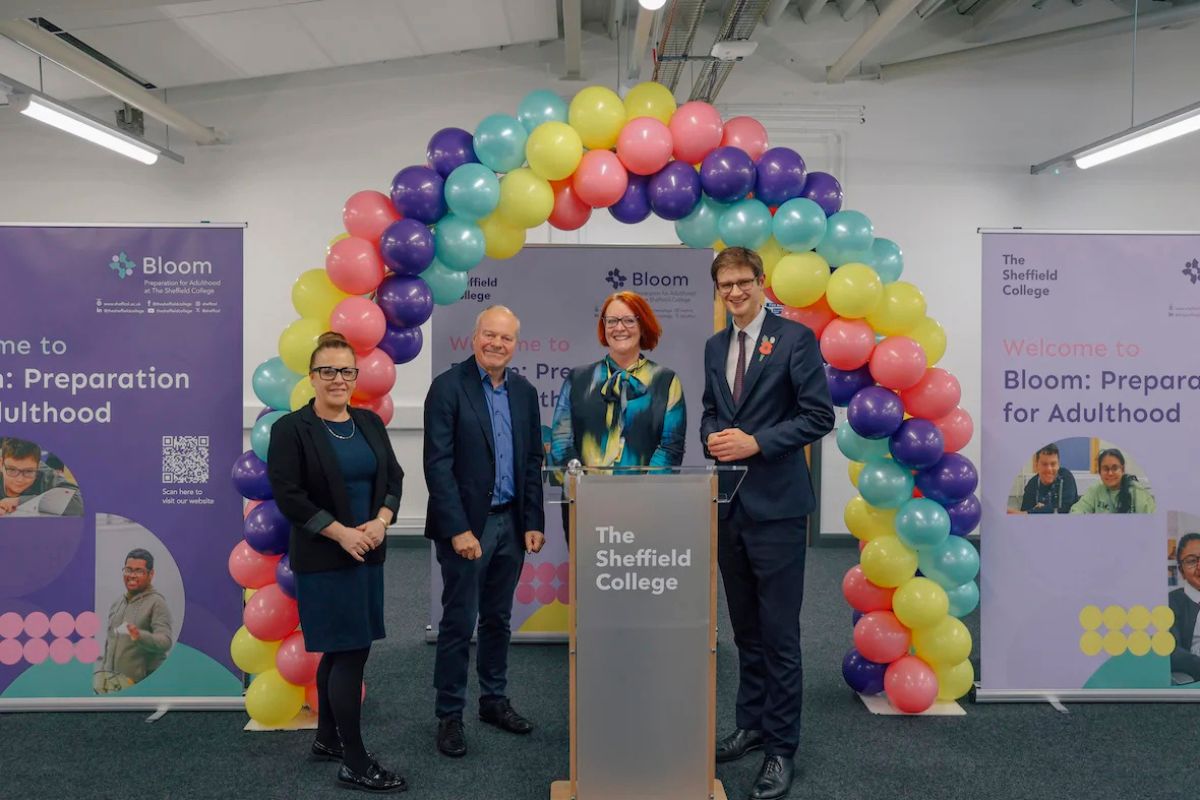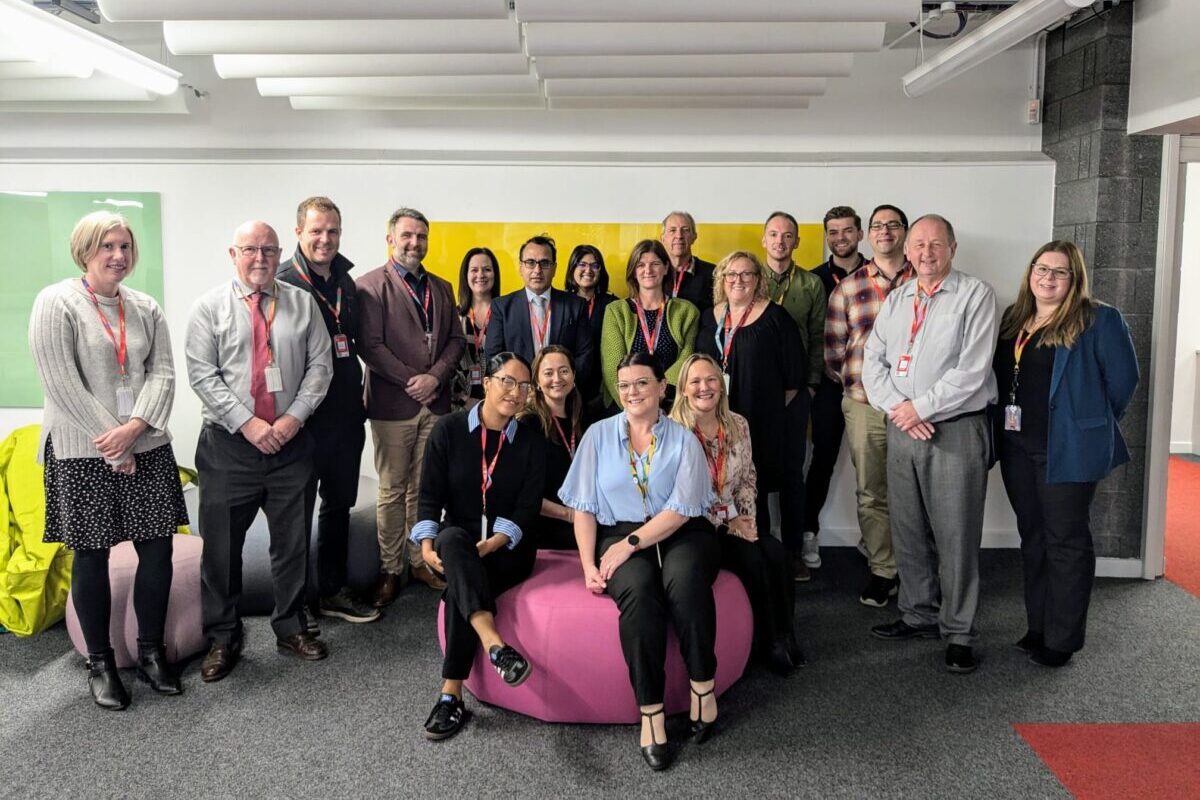Twinkl’s Insight: How can stereotypes within careers impact students’ learning?

A recent report issued by the Education Committee found that the ability to start careers provision at an early age is key in supporting children to learn about the world of work and develop their aspiration for their futures.
Twinkl is exploring what impact this will have on educators and their pupils, whilst offering advice to help those who teach.
Report Findings and their impact
The new report has shown that 88% of teachers felt that their training did not prepare them to deliver careers information and guidance to students, with many teachers not having much experience within the world of work outside of education and teaching. However, it was discussed that if teachers had access to the relevant tools and information to teach primary school children about careers, it could raise their aspirations, whilst breaking down negative stereotypes about gender and individuals’ backgrounds.
It has been shown that since 2018, there have been some notable improvements in the curriculum and the way young people have been able to be exposed to a range of jobs through demonstrating the relevance of the subjects they study. In 2021/22 70% of schools and colleges were able to fully achieve the necessary requirements within this area, this is a vast improvement on 2018 when only 38% of schools were achieving the required benchmark.
The importance of sport
The new plans, outlined by the Education Committee, saw that there were improvements planned for the delivery of high quality PE and sport for all pupils. Linking to the current coverage of the Women’s World Cup has indicated that further progress towards equality in 2023 has been made. However, women are still facing unconscious bias and sexism on a daily basis, and not just in sport.
The new standards for equal access to sports, that make it clear girls and boys should be offered the same sports during PE and extracurricular time in schools, is an important step towards achieving equality in sports and for women’s health because, as the charity Women in Sport highlighted, more than one million teenage girls (43%) who once considered themselves ‘sporty,’ disengage from sport after primary school for four key reasons including:
- A fear of being judged (68%)
- Lack of confidence (61%)
- Pressure of school work (47%)
- Not feeling safe outside (43%)
This could ultimately have a positive impact on careers too, because equal access to sports could contribute to women breaking into top managing and coaching jobs, e.g. Premier League Football.
The Lionesses are a fantastic example of this, but it is also equally important for girls to see members of their own family, local community and women of all ages participating in sport to normalise sport participation throughout adulthood. To make this possible, it is also important to remove some of the barriers women face, such as the need for inclusive child care alongside a wider range of sporting opportunities.
Rebecca Stott, Schools’ Thought Leadership Partner at Twinkl, is a qualified Head Teacher with an MA-Ed in SEND & Digital Learning, who has worked in the education sector for over 15 years, said, “At Twinkl, our team of education specialists aim to provide everything educators need to be genuinely inclusive.”
“As educators, we know that negativity surrounding gender and equality can have a very real impact on; aspirations, attainment, the subjects pupils choose at KS4, KS5 and degree level and, ultimately, their futures.”
“To tackle this issue, educators, politicians, parents, children, sports coaches, the media and the wider community need to work in partnership to challenge and change the status quo in order to allow all children, boys and girls, to thrive.”
Twinkl’s Offerings
At Twinkl, we understand the importance of being able to offer both educators and their students a diverse range of materials that will allow them to explore all aspects of the professional world. However, many careers still sit within an ideological framework surrounding gender stereotypes for specific professions.
It has been found that teaching children about careers can be done in a number of age-appropriate ways through; the curriculum by linking lessons to relevant careers, using gender-neutral language, ensuring all genders are represented in classroom resources, guest speakers (role models that challenge gender stereotypes), displays, reading, sport, CPD, extracurricular clubs/competitions, STEAM, PSHE and through working in partnership with parents and the local community.
Twinkl is able to further support educators to develop the right aspirational careers provision and inclusion strategies that counter gender stereotyping through insightful Teachmeets, Podcasts, leaders resources and Digest articles. These carefully constructed resources support educators to develop their understanding and CPD opportunities.











Responses